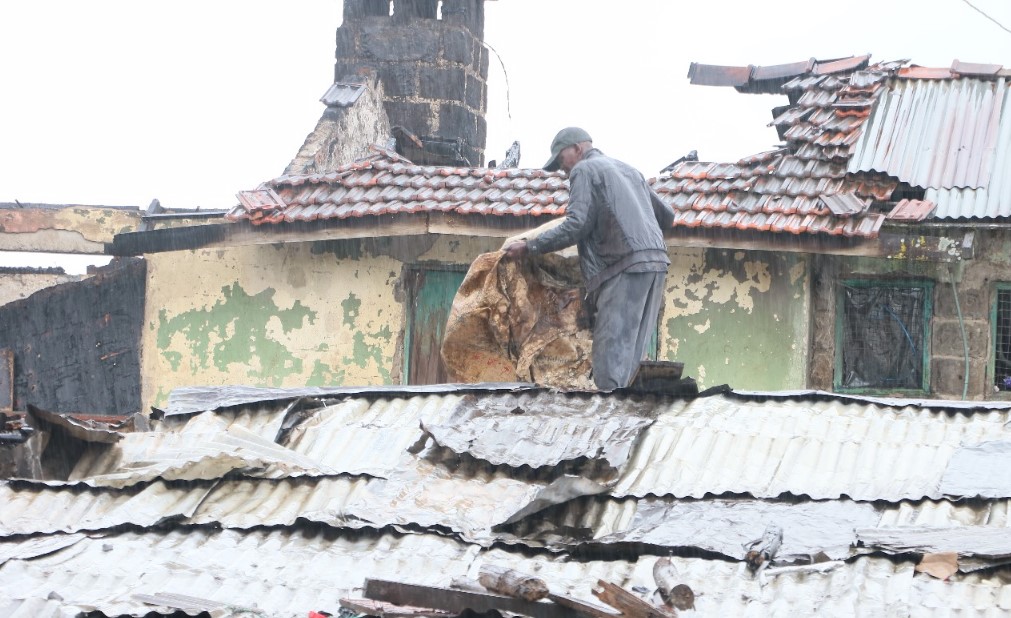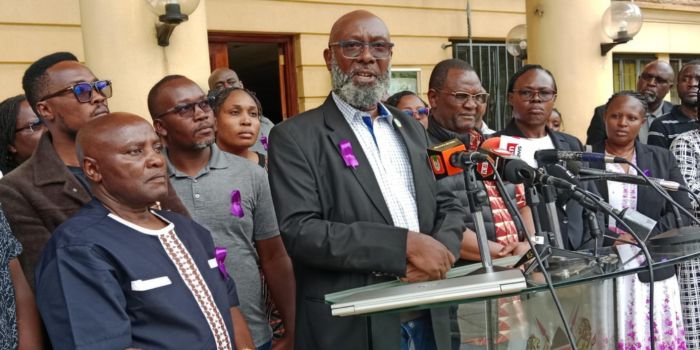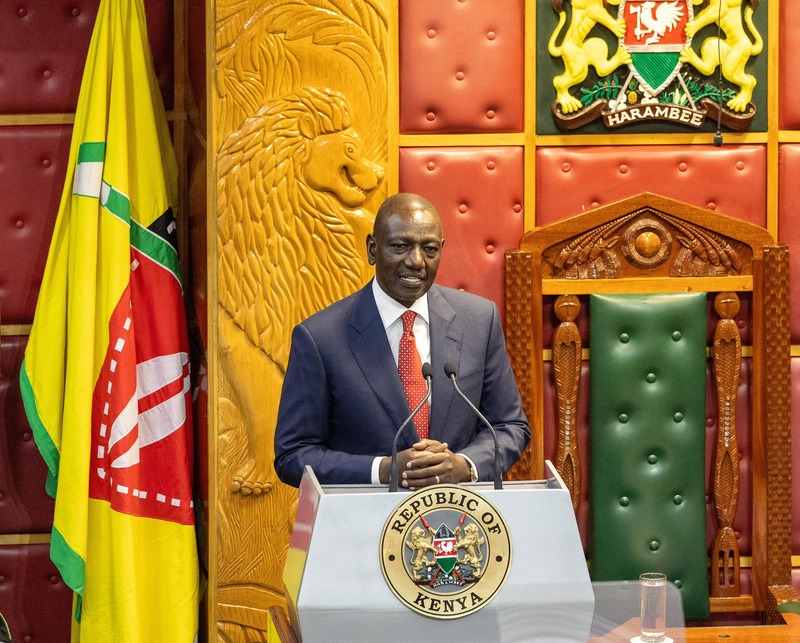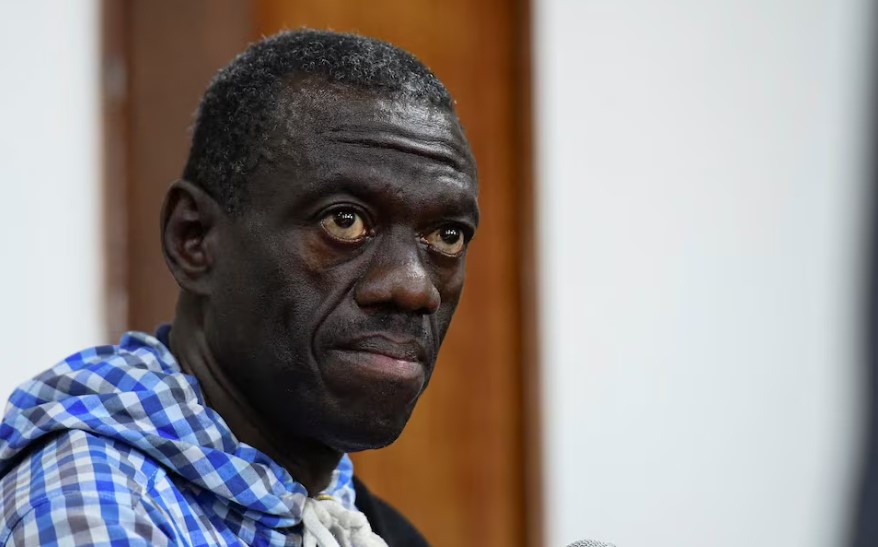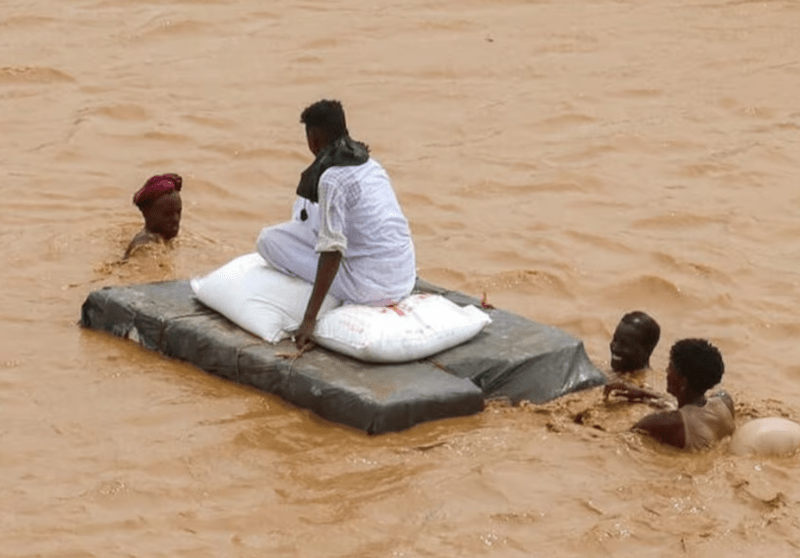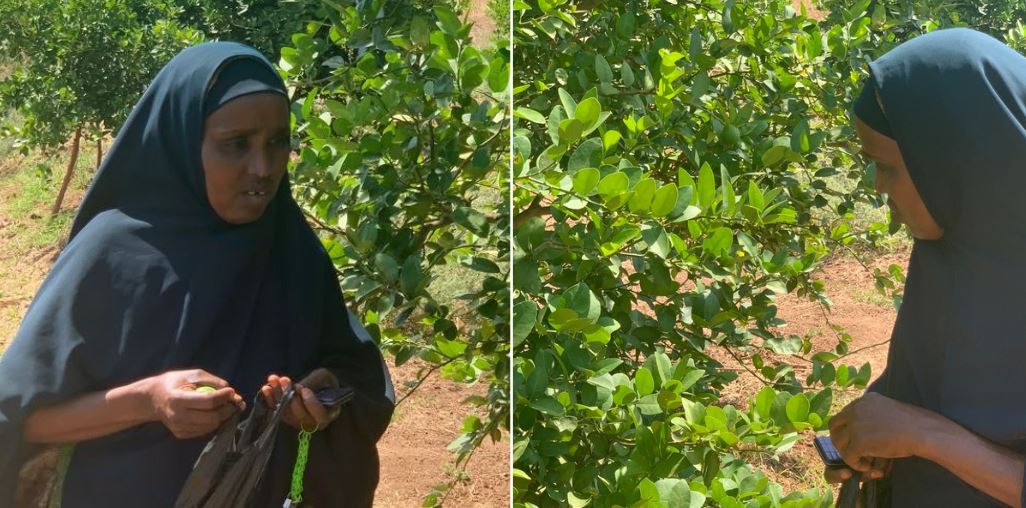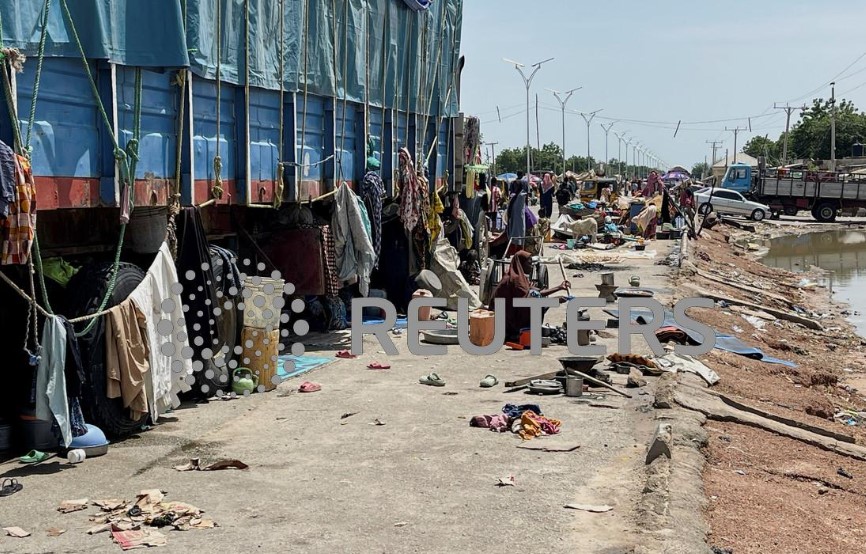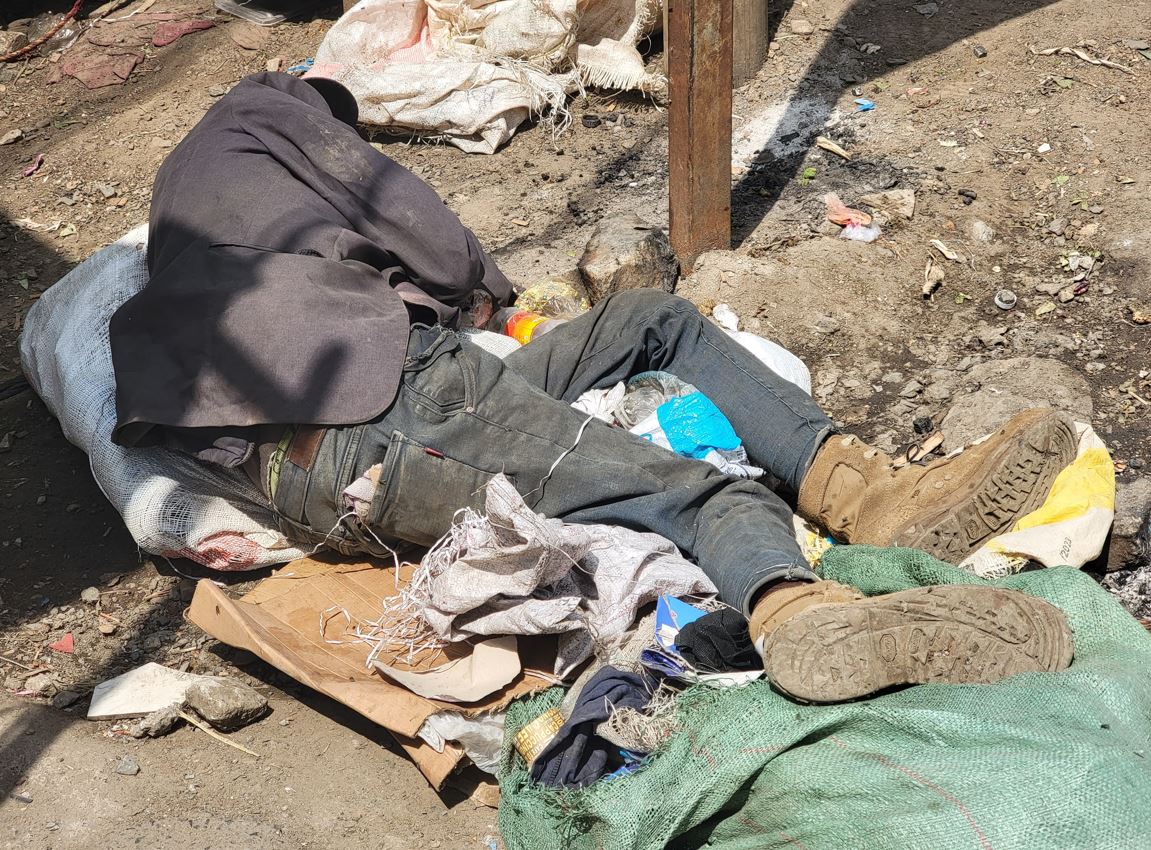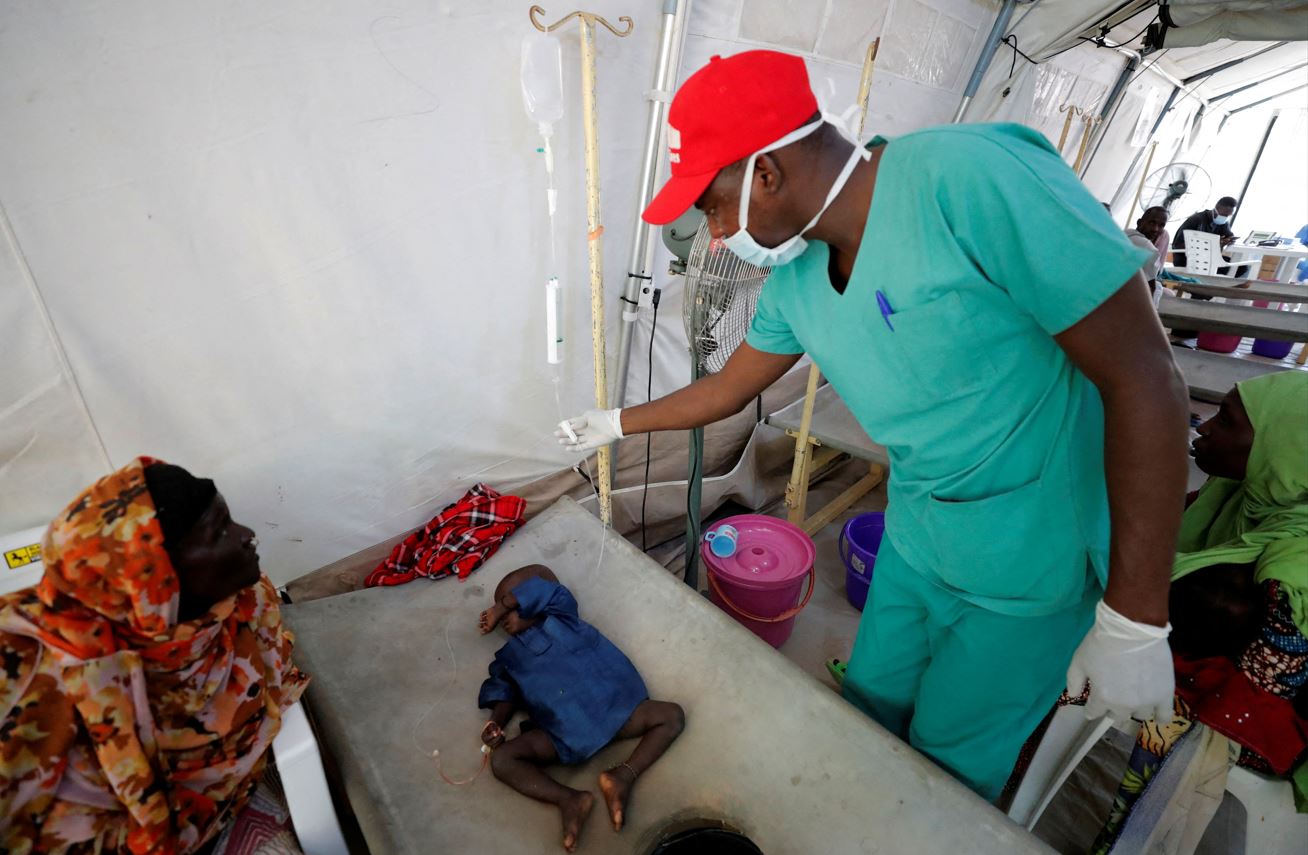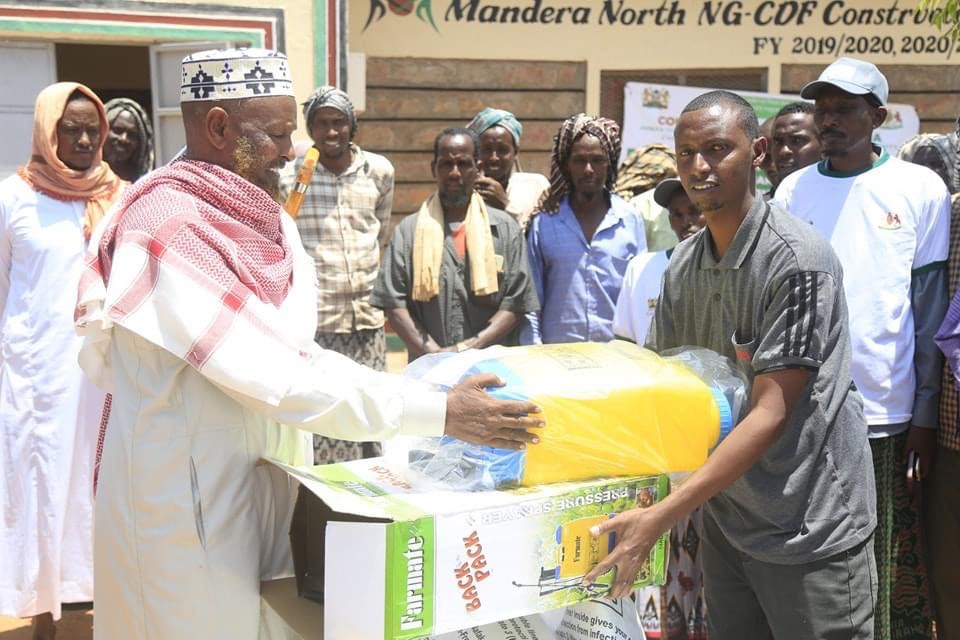Sh30 billion needed to repair flood-damaged roads - CS Murkomen
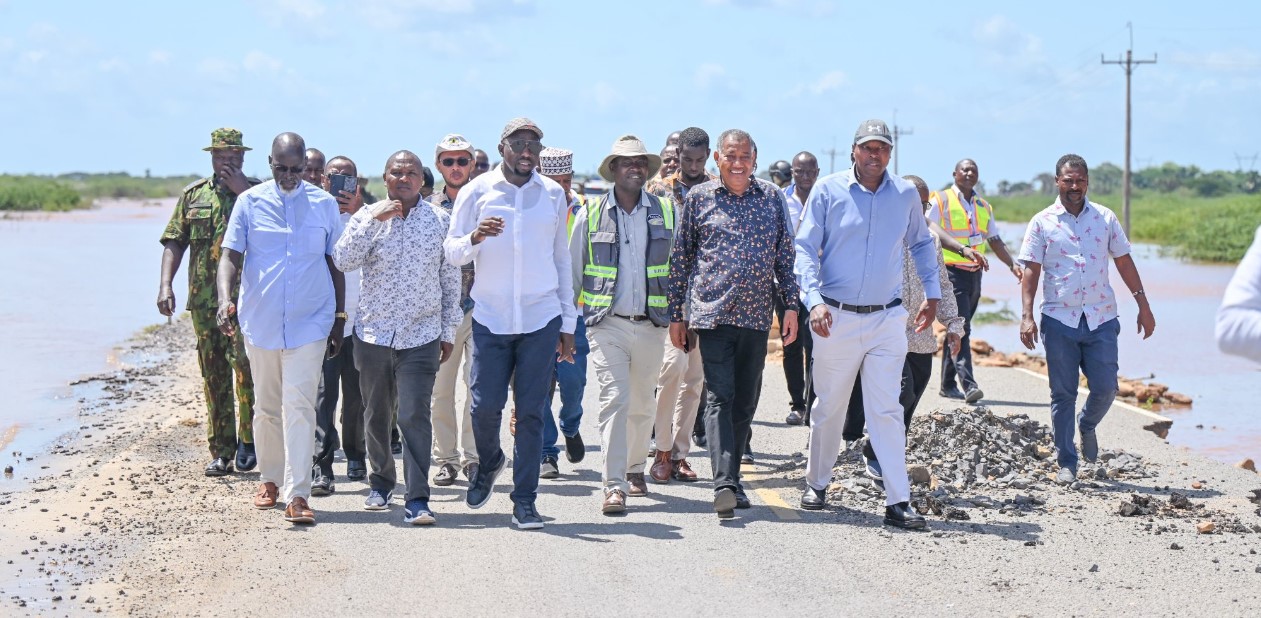
By Lucy Mumbi |
"We need between Sh26 billion and Sh30 billion to undertake full reconstruction and repair of the damaged infrastructure across the country,” Murkomen stated.
Transport Cabinet Secretary Kipchumba Murkomen has said at least Sh30 billion will be required to rehabilitate critical infrastructure, including roads and bridges, destroyed by raging floods countrywide.
Speaking in Lamu on Wednesday during the assessment of the Gamba section of the Lamu-Witu-Garsen road destroyed by floods, Murkomen said that a team from the ministry came up with the estimates after conducting reviews.
Keep reading
- After missing school due to extreme heat, African children push for climate action
- Why adaptive insurance could best address constant exposure of the poor to climate disasters
- Kenya to benefit from Sh660 million UK funding for weather adaptation
- No relief in sight: Flood victims voice frustration as promised aid fails to arrive
“We're in talks with Parliament to have all critical infrastructure destroyed by floods repaired. We need between Sh26 billion and Sh30 billion to undertake full reconstruction and repair of the damaged infrastructure across the country,” Murkomen stated.
He noted that the floods have caused great economic loss to the country, disrupted the movement of people, caused massive loss of life and even damaged roads.
CS Murkomen added that in Lamu, the damage has hampered the movement of goods out of Lamu Port in Kililana when the facility had begun to receive goods destined for Ethiopia.
The road, which was expected to facilitate the transportation of 60,000 metric tonnes of fertiliser to Ethiopia, was destroyed by floods, forcing travellers to use boats to cross a section of the road. As a result, over 800 trucks have been stuck on the road for several days.
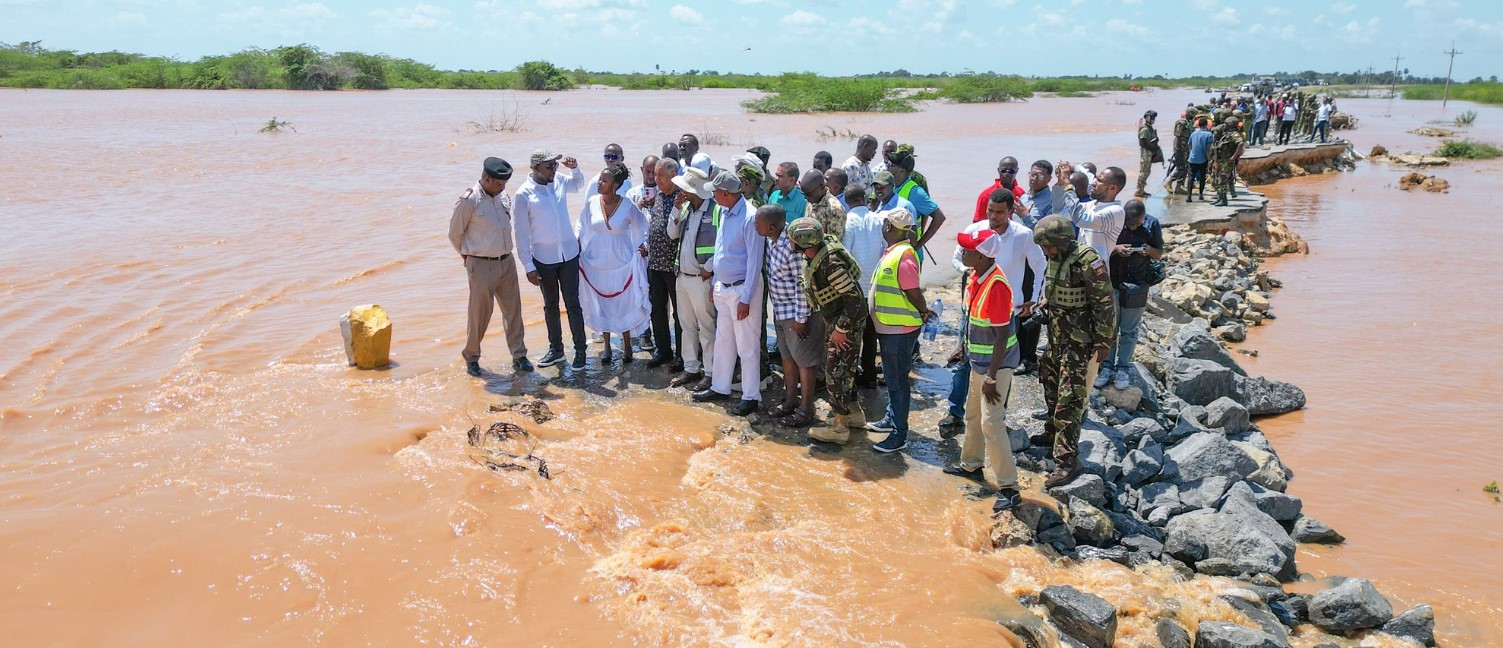 Transport CS Kipchumba Murkomen visits the Gamba section of the Lamu-Witu-Garsen Road, that was damaged by flooding, on May 15, 2024. (Photos: Kipchumba Murkomen/X)
Transport CS Kipchumba Murkomen visits the Gamba section of the Lamu-Witu-Garsen Road, that was damaged by flooding, on May 15, 2024. (Photos: Kipchumba Murkomen/X)
“We still have a problem in Gamba. The problem has caused a lot of losses to businesses because we know many Kenyans want to travel to Garissa as well as to Mombasa. You can see at Gamba that boats are being used to transport people and goods,” he said.
“The biggest loss we have is that we marketed the Port of Lamu through Lapsset and talked to South Sudan and Ethiopia and they agreed to use the Port of Lamu. They brought 60,000 metric tonnes of fertiliser but after arrival, we experienced a flooding problem.”
He directed the contractor in charge of a section of the Lamu Port-South Sudan-Ethiopia-Transport (LAPSSET) Corridor project to ensure its completion in nine months.
Other regions where floods have damaged key infrastructure include the Tana River and parts of the Central, Rift Valley, Nyanza, and Western regions.
“We have assessed the state of the Gamba section and the volume of the water and the depth of the flow are still high, making it impossible for vehicles to pass,” he said.
According to the CS, the floods that destroyed the Gamba section of the Lamu-Witu-Garsen road were exacerbated by the overflow from the Seven Folks Dam upstream.
Murkomen stated that alternative routes are being explored to address transportation issues while preparations are underway to restore critical infrastructure across the country.
“We are exploring alternative routes to address this problem even as we prepare to begin the restoration of critical infrastructure across the country. We appreciate the private sector for providing the boats and for adhering to safety standards even as we look for a solution,” Murkomen said.
Reader comments
Follow Us and Stay Connected!
We'd love for you to join our community and stay updated with our latest stories and updates. Follow us on our social media channels and be part of the conversation!
Let's stay connected and keep the dialogue going!



